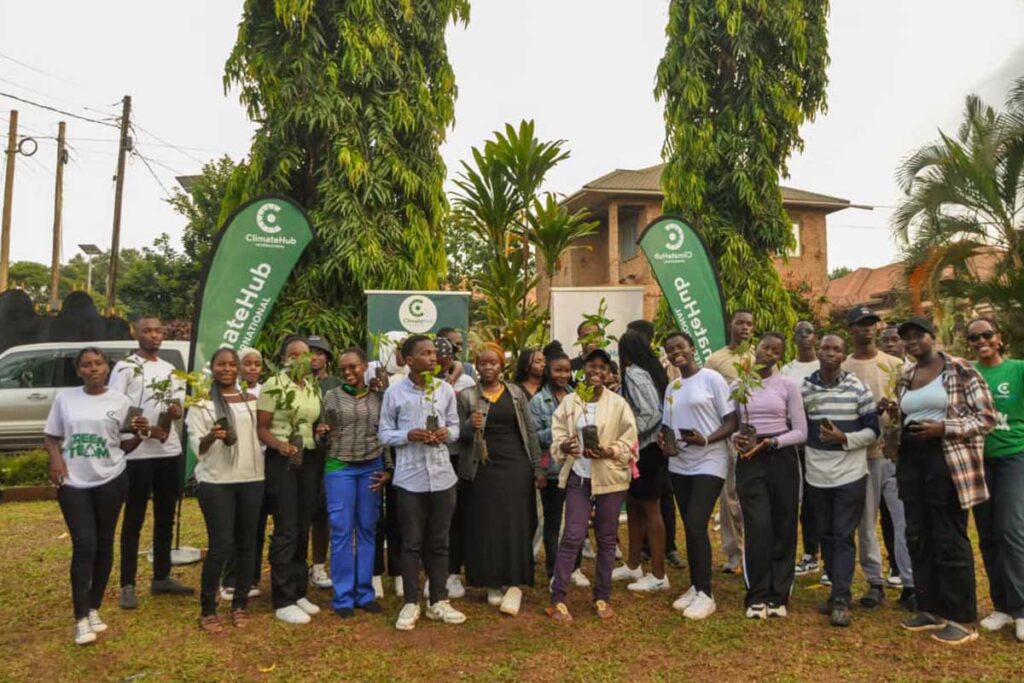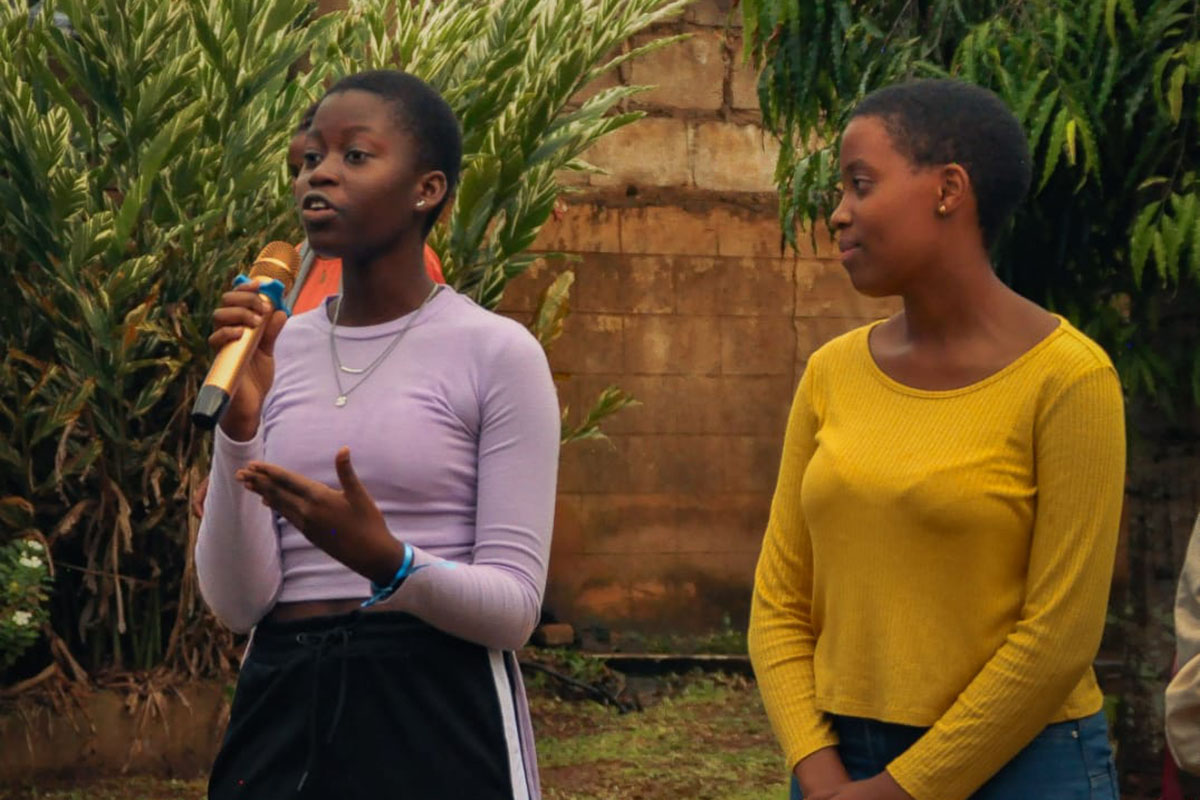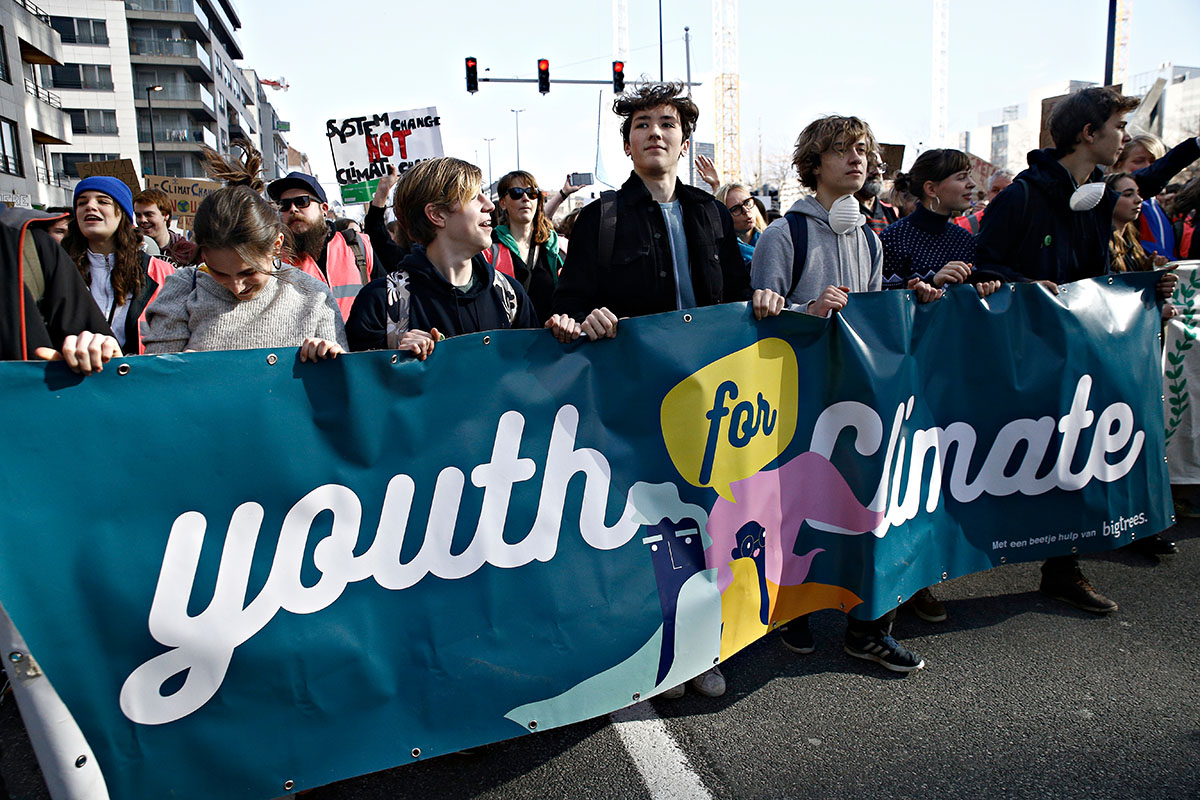A Year of Youth Spotlight Series – Nicole Babirye of Uganda
May 10A short bio
I am Nicole Babirye, a 16-year-old student from Kampala, Uganda. I am the Vice President of Climate Action. I am passionate about climate change, STEM, and politics and their impact on African countries.
Tell us a little about your event/project ( how it came about, the number of young people who benefited and the impact it had)
My project was the Klimr Festival, held on December 16, 2023.The festival included lightning talks and games to bridge the information gap and engage the youth about climate change and its urgency.
We decided to measure the impact of this project by examining people’s knowledge of climate change. We had 50 attendees at an international school. We conducted a survey, and we found that 49 out of the 50 people did not understand climate change and were unsure of how they could engage. But with this festival, they became more enlightened and informed about climate change.

What has inspired you to work on this particular issue?
One day, I went to the market near my home, next to Lake Victoria. I witnessed people throwing plastic bags into the lake. When I questioned them about their actions, they responded, “Where else should we put them?” It made me realise the urgent need for education on climate change, especially among those who lack access to quality education. So, I sought to find a way to make this information accessible and enjoyable. They’re able to learn from it and become environmentally conscious.
Why is this issue important to address in your community/country?
Uganda happens to be a developing country. And even though most people see this as a disadvantage, I believe we have a rare opportunity to get involved and ensure we do not repeat the mistakes of the past. We have the unique opportunity to grow consciously, avoiding the pitfalls of exclusion and unsustainable practices.
What was the most memorable moment during the event/project?
The most memorable event was when people reached the point where they realised they could solve the problem themselves. Seeing that light in people’s eyes is beautiful, and I am determined to ensure it continues.
What is the dream for you and your project?
My dream is to live in a carbon-neutral society. The Commonwealth and the UN have common goals and aim to be carbon neutral by 2050. So, I dream that countries across Africa and other regions with development opportunities evolve into carbon-neutral nations.
What motivates you to keep advocating and challenging yourself?
What motivates me to keep challenging myself is that there is much to do out there. There is still someone out there who does not believe that climate change is real. What motivates me is that people can carry out this change by themselves. They can eventually convince their leaders to take up sustainable development. You know, the thing is, we’ve got this power because we’re still young. And when I say young, I don’t just mean in age, but in our ability to keep going. There’s so much for us to learn and so many mentors out there to guide us.
Tell us an unusual fact or piece of trivia about yourself.
I can sing the entire periodic table.
What is your favourite quote?
My favourite quote is, “Just keep swimming” from Finding Nemo.
Why?
It has a deeper meaning. It makes me want to keep pushing forward even in the face of great obstacles.
What one youth issue would you like the Commonwealth Youth Programme to address in the coming years and why?
The Commonwealth Youth Program could consider how to get more people under the age of 18 involved. Many young people, especially in places like Africa and those living below the poverty line, lack access to STEM education or computer engineering. We are now moving into a digital age, so closing the digital literacy gap is essential. Providing access to tools such as laptops and coding lessons can empower individuals to develop and thrive independently. By equipping them with ICT skills, we enable them to sustain themselves without relying on external aid, fostering self-reliance and resilience for the future.




